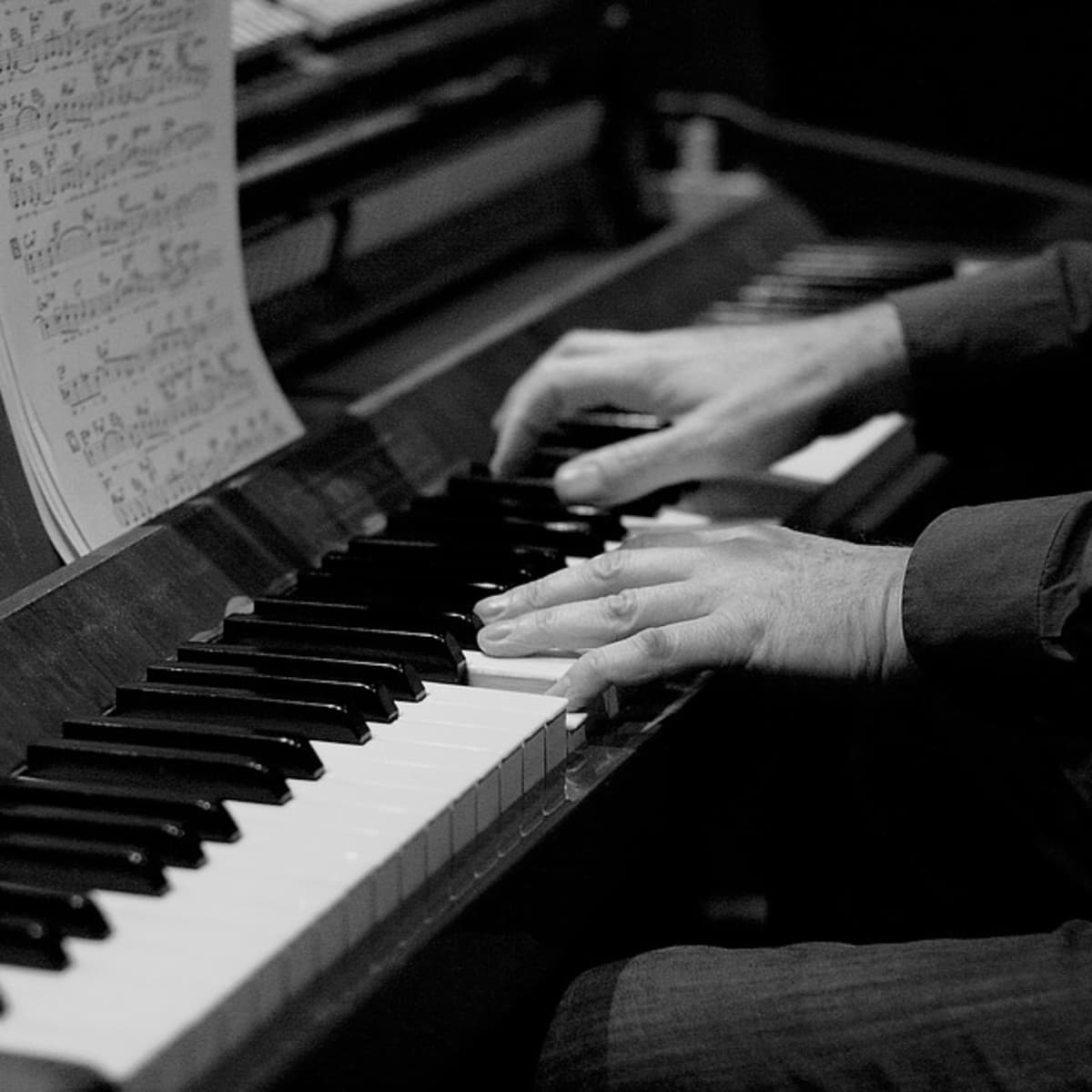The piano is an instrument that has been beloved for centuries, and for good reason. Its versatility and timeless sound make it a popular choice for musicians of all levels. If you’re in the market for a piano, whether you’re a beginner or an experienced player, it’s important to choose the right one for your needs. In this article, we’ll take a look at some factors to consider when choosing a piano.
Contents
1. Type of Piano
The first thing to consider when choosing a piano is the type of piano you want. There are two main types of pianos: acoustic and digital.
Acoustic pianos are the traditional pianos that you see in concert halls and music studios. They use hammers and strings to produce sound and require tuning to stay in tune. Acoustic pianos come in two types: upright and grand.
Upright pianos are more compact and take up less space than grand pianos. They’re a popular choice for homes and music studios. Grand pianos, on the other hand, are larger and produce a more powerful sound. They’re commonly found in concert halls and music venues.
Digital pianos, on the other hand, use electronics to produce sound. They’re often more affordable than acoustic pianos and are a popular choice for beginners. Digital pianos come in a variety of sizes and styles, and many have features like headphones and recording capabilities.

2. Size
The size of the piano is another important factor to consider. If you’re short on space, you may want to consider a compact upright piano or a digital piano. If you have a larger space and want a more powerful sound, a grand piano may be a better option.
It’s important to measure the space where you plan to put the piano and ensure that the piano you choose will fit comfortably. You should also consider the weight of the piano, as some grand pianos can weigh over 1,000 pounds.
3. Sound Quality
The sound quality of the piano is another important factor to consider. If you’re considering an acoustic piano, you’ll want to test out the sound by playing it. Make sure to play a variety of notes and chords to ensure that the sound is clear and consistent.
If you’re considering a digital piano, you’ll want to listen to the sound through headphones and external speakers. Many digital pianos have a variety of sounds and settings, so make sure to test out different settings to find the one that sounds best to you.
4. Budget
Pianos can range in price from a few hundred dollars to hundreds of thousands of dollars. It’s important to set a budget before you start shopping for a piano to ensure that you’re not overspending.
Acoustic pianos are generally more expensive than digital pianos, and grand pianos are generally more expensive than upright pianos. However, there are many affordable options available, so it’s possible to find a piano that fits your budget.
5. Brand
The brand of the piano is another important factor to consider. There are many reputable piano brands, including Yamaha, Steinway & Sons, and Kawai.
Each brand has its own unique sound and feel, so it’s important to test out pianos from different brands to find the one that suits your needs. You may also want to do some research on the reputation of the brand and read reviews from other piano owners.
6. Maintenance
Pianos require regular maintenance to stay in good condition. If you’re considering an acoustic piano, you’ll need to factor in the cost of tuning and repairs. Up right piano typically need to be tuned once or twice a year, while grand pianos may need to be tuned more frequently.
Digital pianos require less maintenance than acoustic pianos, but they still require occasional cleaning and upkeep.



